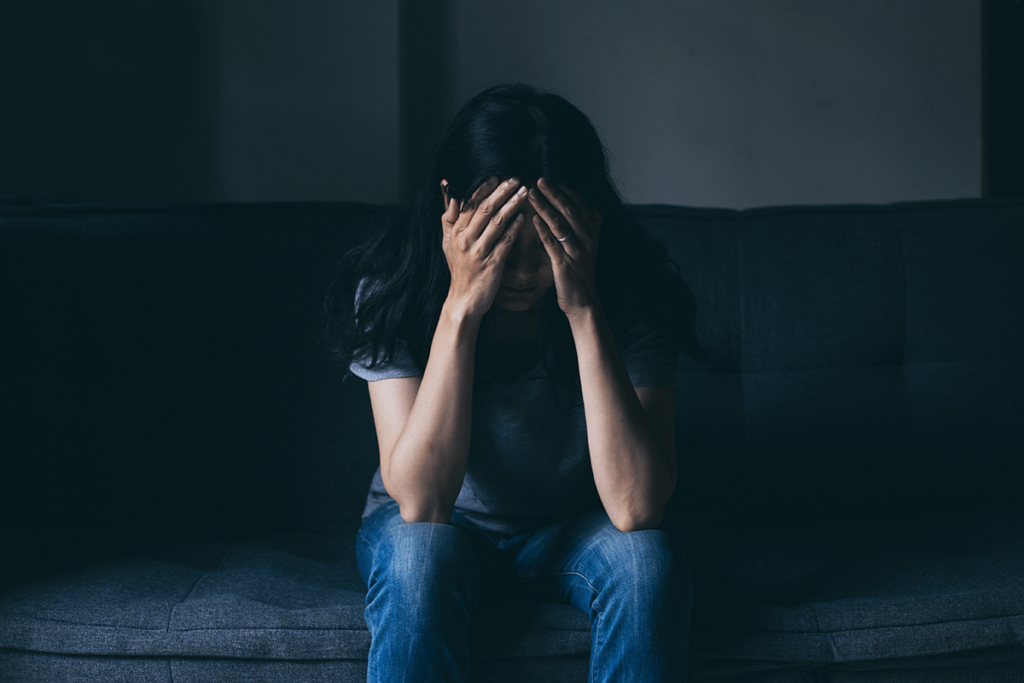Living with a mental health condition can be enough of a challenge on its own. But when combined with addiction, the situation becomes even more complex. A borderline personality disorder is one such condition that often occurs alongside addiction. But with dual diagnosis treatment, you can achieve greater emotional balance and a life free from drugs or alcohol.
If you need help with co-occurring disorders, contact the team at Promises Washburn House. We offer dual diagnosis treatment as part of our inpatient and Outpatient Treatment programs. Call us at 855.298.3104 to learn more.
What Is Borderline Personality Disorder (BPD)?
Borderline personality disorder, or BPD, is a mental health condition most recognizable through a persistent pattern of unstable interpersonal relationships. People with BPD struggle with:
- Erratic moods
- Poor self-image
- Impulsive behavior
- Fear of abandonment
It is uncertain what exactly causes borderline personality disorder, but there has been a demonstrated connection to genetic and environmental factors.
How Are BPD and Addiction Linked?
There is a strong relationship between borderline personality disorder and addiction. People with BPD have a higher risk of developing drug and alcohol addiction along with other addictive behaviors. But what makes someone with BPD more likely to develop an addiction? Several factors may come into play:
Self-Medication
Since BPD often involves emotional dysregulation, a person with this condition will have trouble managing their thoughts and feelings in response to stressors. They may then turn to drugs or alcohol to help cope with their intense emotions.
Escape
The symptoms of BPD can be challenging to deal with day after day. People with this condition may use substances as a means of temporary escape or relief from their symptoms.
Impulsivity
Borderline personality disorder can make a person behave more impulsively, lowering their inhibitions to misuse drugs or alcohol.
Treatment for BPD and Addiction
Given the complex nature of borderline personality disorder and addiction, treatment should ideally address both conditions together. An integrated form of treatment, such as dual diagnosis treatment, is typically the best course of action for this challenge. Dual diagnosis treatment is designed as a whole-person approach to healing for individuals dealing with addiction and co-occurring mental health conditions.
Some key elements of dual diagnosis treatment for BPD and addiction include:
Individual Counseling
Cognitive-behavioral therapy (CBT) is the most commonly used therapy for those undergoing dual diagnosis treatment. However, your counselor may find that dialectical behavior therapy (DBT) is more effective for borderline personality disorder.
DBT tends to be more suitable for the more challenging mental health conditions as it helps you learn to accept how things are before moving forward with positive changes. It is also particularly helpful for teaching how to regulate your emotions so you can feel more balanced overall.
Group Therapy
Group therapy involves a group of peers led by an experienced therapist who ensures you have a supportive environment to share your experiences and learn from others facing similar struggles with co-occurring disorders.
Family Therapy
BPD and addiction can tear families apart. Partners, children, parents, and others may be unsure how to interact with their loved one because of the turbulent nature of borderline personality disorder. Family therapy provides the opportunity to learn more about the condition and find healthier ways to communicate with one another that are supportive without being enabling.
Medication Management
Medication can be used to treat the symptoms of BPD as well as minimize cravings and withdrawal symptoms associated with quitting drugs or alcohol.
Aftercare
To maintain your recovery and continue managing BPD, it is recommended that you receive long-term treatment. Addiction treatment centers may offer aftercare or alumni programs so you can continue to receive support long after completing your initial program.
Call Promises Washburn House for Dual Diagnosis Treatment
BPD and addiction often coexist, but Promises Washburn House can help you recover from both and regain a better quality of life. Contact us at 855.298.3104 or fill out our online form to start paving your path to recovery.

